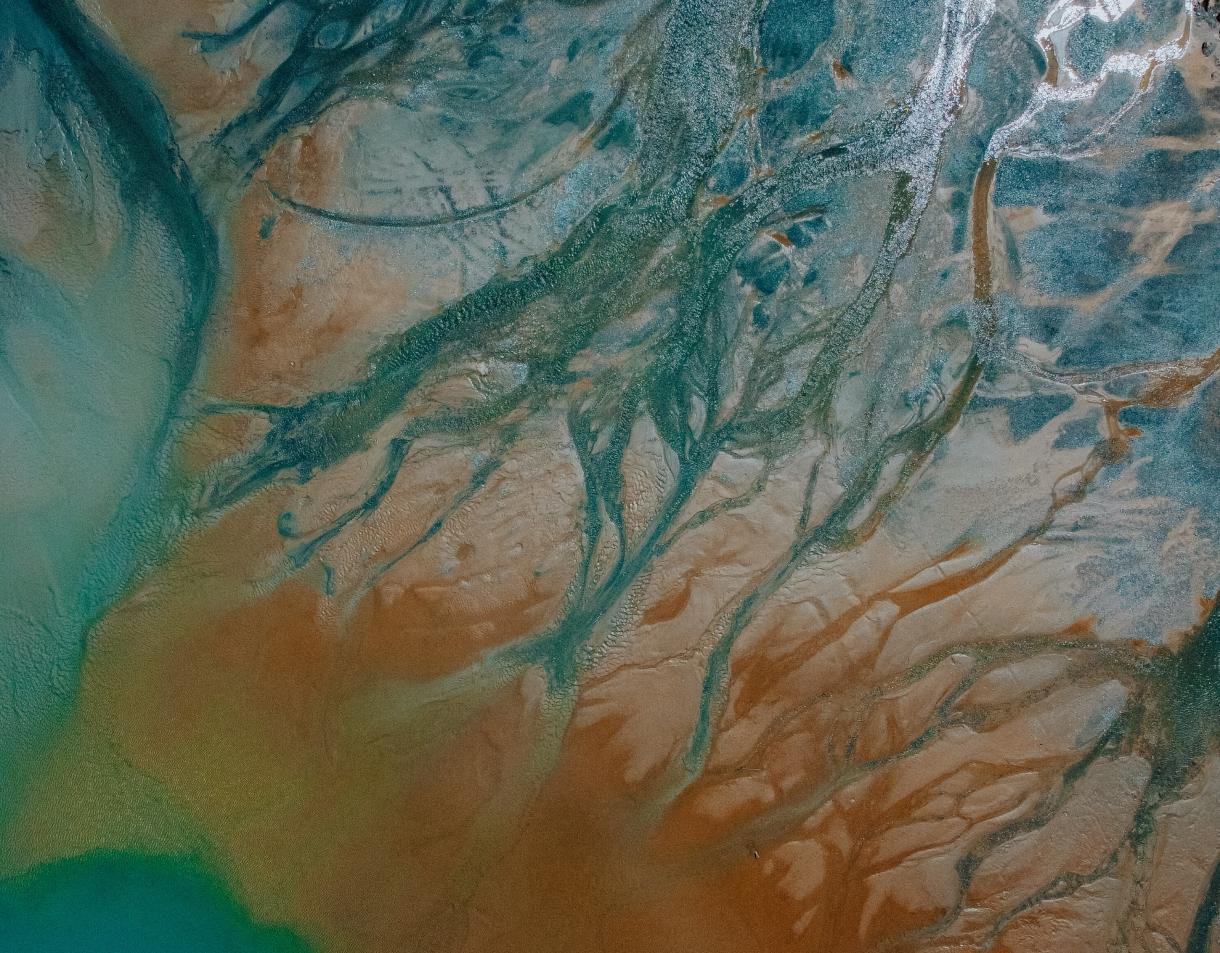What’s the design in a nutshell?
An international database combined with AI to help us, as a collective society, tackle environmental challenges.
Why is it needed?
As the world feels the pinch of climate change, organisations, institutions and communities are working to rapidly figure out how to tackle it. Over the years, we’ve generated masses of data in monitoring and understanding these environmental changes but we’ve done it all as separate entities. Data is most useful when it’s broad-sweeping and combines, so why not combine our findings to come up with better solutions to climate change?
How does it work?
The Planetary Computer uses aggregated environmental data, collected from a broad range of global sources, on biodiversity, climate change, agriculture, and water. It then uses AI and machine learning to better understand these planetary issues and provide practical suggestions to scientists, developers, and policymakers on sustainable decision making.
Users of The Planetary Computer can search by geographic location and are able to answer questions about the data, on water, space, land and air environments, to further enrich the information.
"For the first time, there will be a concise and comprehensive compendium of global ecosystem data."
How does it improve life?
Planet-wide environmental surveys are currently compiled manually, they take years to prepare, hundreds of people, and can be thousands of pages long. For the first time, there will be a concise and comprehensive compendium of global ecosystem data. Not only will this allow for essential environmental information to be readily available to people across the world, but will help predict future environmental trends, enable data-driven decision making and help us formulate better strategies to combat climate change and its effects.
“Together, we’re solving some of today’s toughest environmental challenges while building a solid foundation for a dynamic, globally comprehensive planetary computer,” says Microsoft.
What’s the impact to date or projected impact?
The Planetary Computer was announced in 2020 as part of the AI for Earth programme. While still in its beginning stages, its potential for impact is astronomical. Microsoft is also starting a new AI for Earth collaboration with the Group on Earth Observations Biodiversity Observation Network. The €800.000 grant “will support projects that strengthen efforts to monitor Earth’s biodiversity and create useful measurements required for the study, reporting, and management of biodiversity change that inform conservation decisions across the globe,” reports Microsoft
Microsoft also claims they’ll push for public policy initiatives that measure and manage ecosystems, and that they plan to expand its AI for Earth programme to give grantees greater access to machine learning tools.






